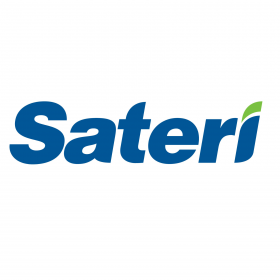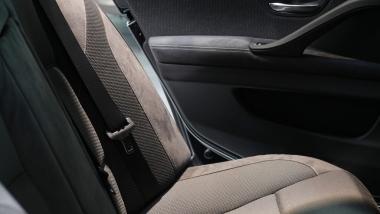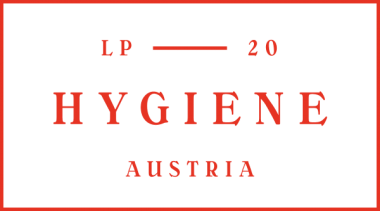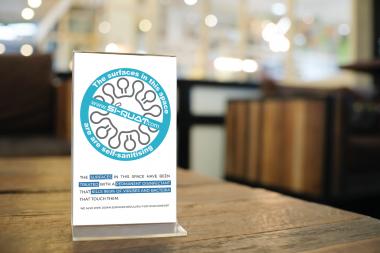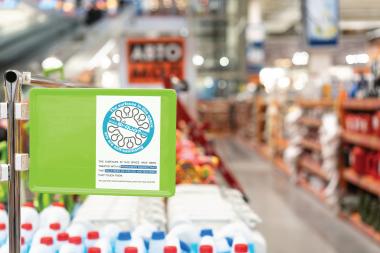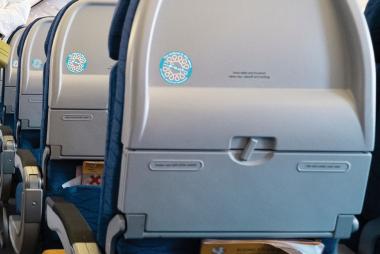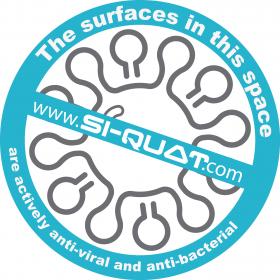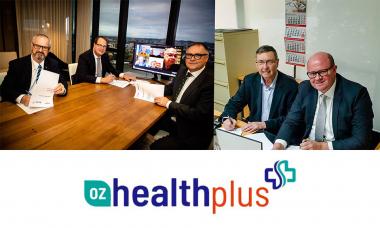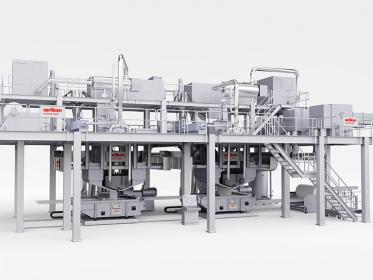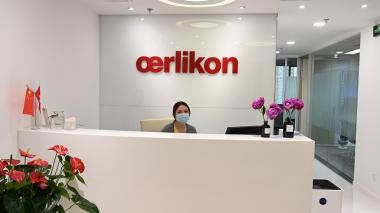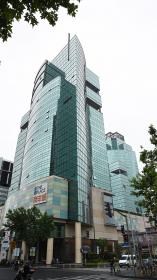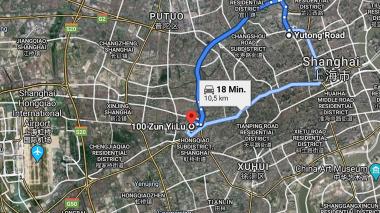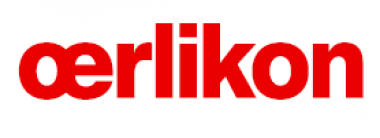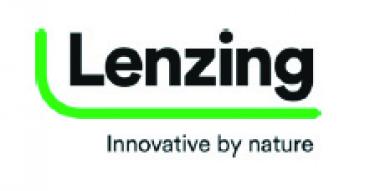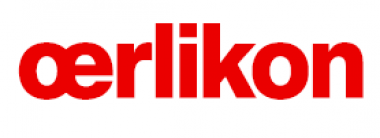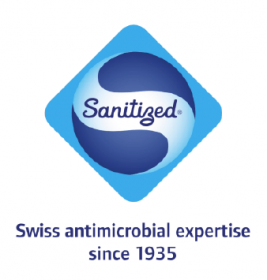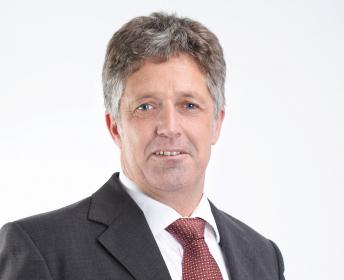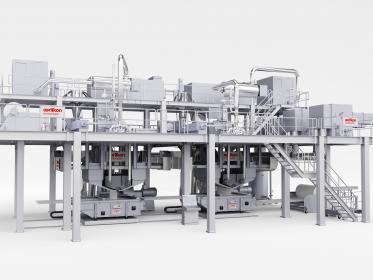Two More Sateri Mills Confirmed EU-BAT Compliant
- World’s largest viscose producer well on track for all of its five mills to be EU-BAT compliant by 2023
Two more Sateri mills in China, Sateri Jiujiang and Sateri Jiangxi, have received verification of compliance to the emissions limits set out in the European Union Best Available Techniques Reference Document (EU-BAT BREF) on Polymers. This brings the total number of EU-BAT compliant mills to three of five, accounting for over 60 per cent of Sateri’s overall fibre production capacity. In April this year, Sateri Fujian was the company’s first mill to be verified as being EU-BAT compliant. Verified by independent consultant Sustainable Textile Solutions (STS), a division of BluWin Limited (UK), the parameters of the EU-BAT BREF assessed included resource utility efficiency, wastewater discharge and air emission. As a highlight, STS’ assessment concluded that the energy intensity and air emission of Sateri Jiujiang and Sateri Jiangxi were well under EU-BAT norms for viscose production. Considering the EU-BAT energy requirements limit of 30GJ/MTf, the mills were each saving about 1,100 kg CO2/MT of fibre production.
The mills also followed local requirements for controlling ecological impact for viscose production, and there were no gaps identified against EU-BAT. Sateri Jiangxi is a 16-year-old mill and the company’s first and oldest, while Sateri Jiujiang was acquired and expanded in 2015. Said Allen Zhang, President of Sateri, “For three of our five mills to meet the EU-BAT emissions limits in such a short span of time is a testament to our continued investment in best-in-class technologies. This applies to all our mills – regardless of whether they are existing, acquired, or newly constructed ones – as we aim to achieve a high level of sustainability performance across all our operations.”
The company is well on track for its remaining two mills, Sateri Jiangsu and Sateri China which were acquired and newly-built in 2019 respectively, to comply with EU-BAT’s recommended emission levels by 2023.
Omnicom Public Relations Group


